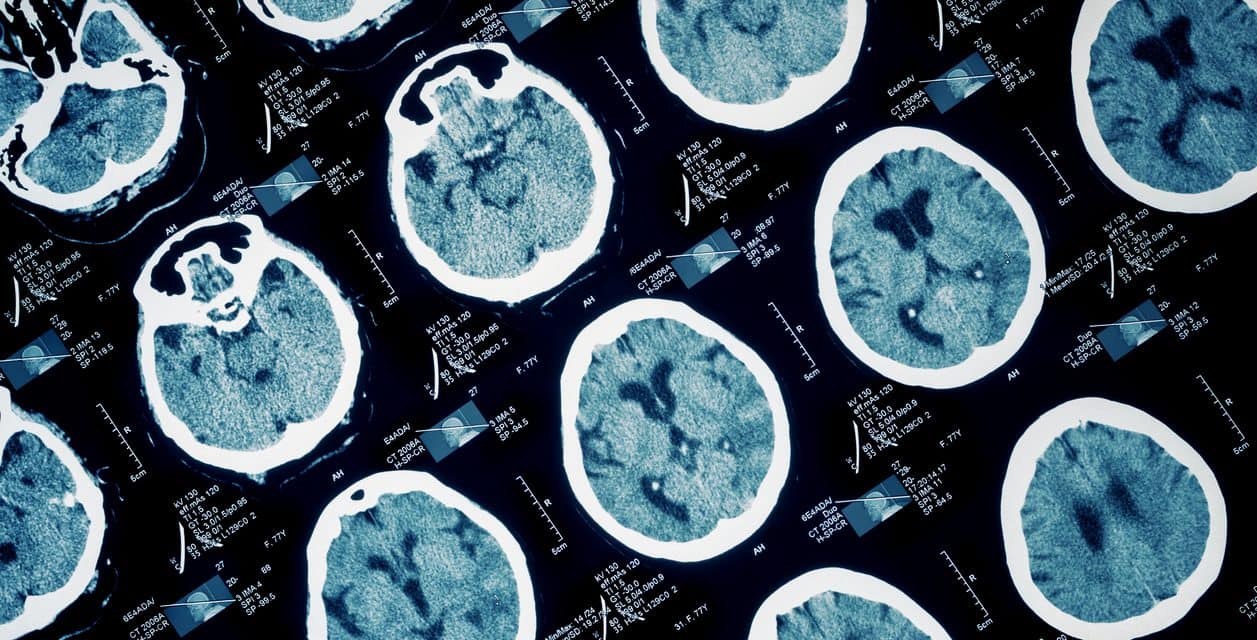Administration of ATP-sensitive potassium channel opener levcromakalim triggers headache in healthy volunteers and migraine attacks in migraine patients. Here, we investigated the effect of ATP-sensitive potassium channel blocker glibenclamide on levcromakalim-induced headache in healthy volunteers.
In a randomized, double-blind, placebo-controlled, three-way cross-over study, 15 healthy volunteers aged 18-40 years were randomly allocated to receive glibenclamide and levcromakalim (day 1), glibenclamide and placebo (day 2), and placebo and placebo (day 3) on three different days separated by at least 1 week. The primary endpoints were the difference in incidence of headache and the difference in area under the curve for headache intensity scores (0-12 hours) between the days.
Fifteen healthy volunteers completed the 3 days of the study. More participants (12/15, 80%) developed headache on the glibenclamide-levcromakalim day compared to the glibenclamide-placebo day (5/15, 33%) ( = 0.01; mean difference 47%; 95% confidence interval 18-75%) and compared to the placebo-placebo day (1/15, 7%) ( = 0.001; mean difference 73%; 95% confidence interval 48-99%). We found no difference in headache incidence between glibenclamide-placebo day and placebo-placebo day ( = 0.12; mean difference 27%; 95% confidence interval 1.3-52%). The area under the curve for headache intensity was significantly larger on the glibenclamide-levcromakalim day compared to the glibenclamide-placebo day ( = 0.003); and compared to the placebo-placebo day ( = 0.001). We found no difference in the area under the curve between the glibenclamide-placebo day compared to the placebo-placebo day ( = 0.07). The median time to onset for headache after levcromakalim infusion with glibenclamide pretreatment was delayed (180 min) compared to levcromakalim without pretreatment (30 min) from a previously published study.
Glibenclamide administration did not cause headache, and glibenclamide pretreatment did not prevent levcromakalim-induced headache. However, glibenclamide delayed the onset of levcromakalim-induced headache. More selective blockers are needed to further elucidate the role of the ATP-sensitive potassium channel in headache initiation. ClinicalTrials.gov NCT03886922.
Effect of K channel blocker glibenclamide on levcromakalim-induced headache.


